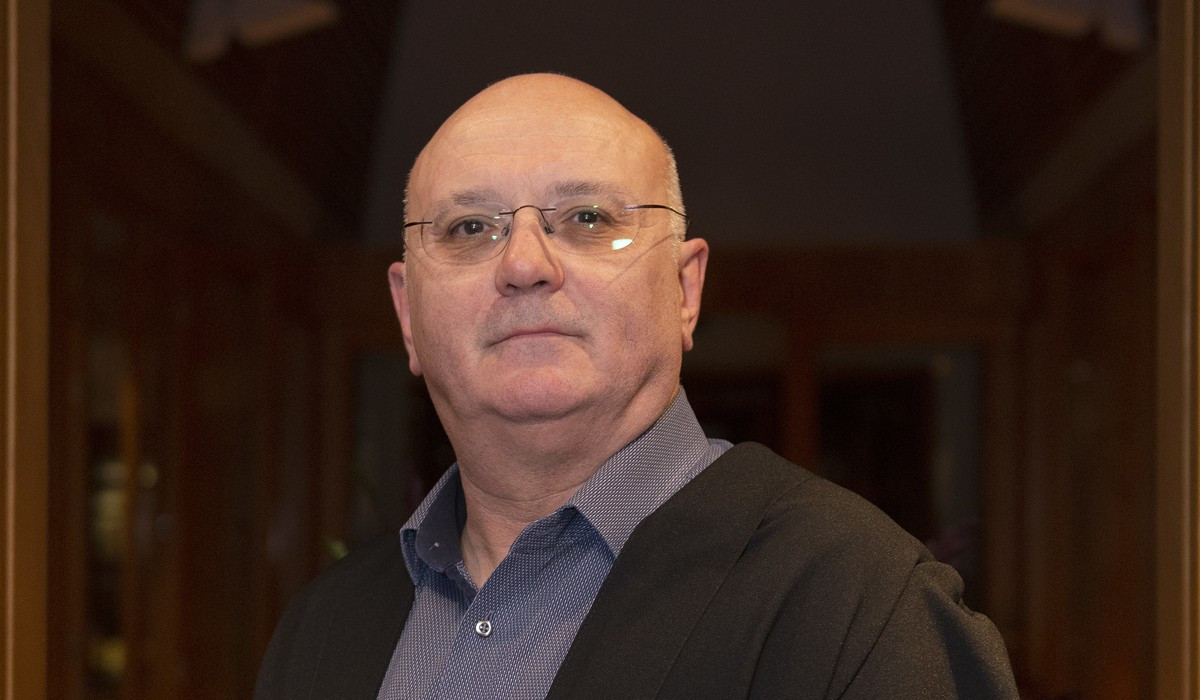These works, published in leading academic journals, offer crucial insights into the nature of social innovation and the operational challenges and potential reforms within United Nations peacekeeping, underscoring Professor Stott's engagement with pressing global issues.
The first paper, "Constructing ‘Problems’ and ‘Solutions’: Social Innovation as Social-Symbolic Work," co-authored with Paul Tracey and published in the Journal of Management Studies, delves into the fundamental ways social issues are understood and addressed. Professor Stott and his colleague argue that social innovation is deeply rooted in "social-symbolic work"—the purposeful efforts to shape how social problems and their potential solutions are perceived and legitimated. The paper critically examines the prevailing discourse which often narrowly frames social innovation in market-based terms. Instead, it proposes a broader "social-symbolic organizing" framework, which includes social inclusion work (participatory organizing in marginalised groups), socio-political work (engaging with formal political structures), and social activism work (organising through protest and direct action). Drawing on diverse examples, from establishing safe drug injection sites to tackling homelessness and advocating for disability rights, the paper calls for a more expansive understanding of the practices social innovators can deploy to achieve sustained social change. It stresses that effectively constructing a particular understanding of a problem is as crucial as developing the solution itself.
The second paper, "The peacekeeper’s challenge: innovation in meta-organisations," written with Jarrod Pendlebury and Paul Tracey, is featured in Peacebuilding. This article conceptualises the United Nations as a "meta-organisation" (an organisation of organisations) to analyse its struggles in contemporary peacekeeping. The authors identify key systemic challenges in decision-making (such as national caveats on troop deployment and divergent peacekeeper identities) and innovation (including issues with leadership, funding, and systemic inertia). The paper thoughtfully proposes a typology for action, distinguishing between 'conventional' solutions within the current multilateral paradigm and more radical 'paradigm shift' ideas that could fundamentally alter how the UN approaches peace and security. By examining these meta-organisational hurdles, Professor Stott and his co-authors call for an urgent rethink of the multilateral system, suggesting that significant reform is needed to address the complex security dilemmas of the 21st century and to better serve those the UN aims to protect. The work also points towards future research directions, such as "peaceshaping," to foster a more integrated and effective approach to global peace.
These publications by Professor Stott showcase his continued dedication to research that not only contributes to academic theory but also offers actionable insights for practitioners and policymakers grappling with complex societal and organisational challenges.
Further details on the papers can be found via their respective publishers:
-
"Constructing ‘Problems’ and ‘Solutions’: Social Innovation as Social-Symbolic Work": https://doi.org/10.1111/joms.13239
-
"The peacekeeper’s challenge: innovation in meta-organisations": https://doi.org/10.1080/21647259.2025.2501873




